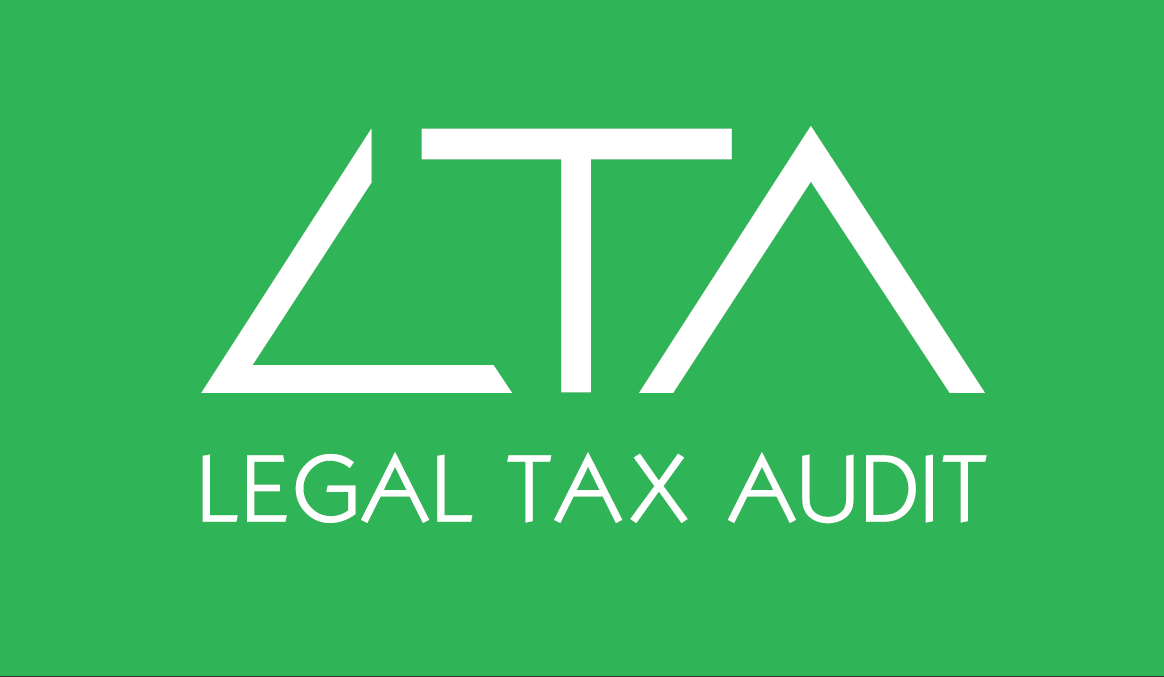The Supreme Court of the Czech Republic recently addressed the issue of entitlement to holiday pay where the employee did not work for the employer as a result of a court dispute between the parties over the validity of the termination. As the issue concerns European law, which expressly provides for the right to leave, the Supreme Court referred the matter to the Court of Justice of the European Union (“CJEU”) for a preliminary ruling. A preliminary question is a kind of opportunity to consult the CJEU on a question of law relating to EU law.
Under the EU Directive, every employee is entitled to paid leave of at least four weeks per year. This entitlement is a fundamental social right of the European Union. Furthermore, Article 31(2) of the Charter of Fundamental Rights of the European Union confirms this entitlement as a fundamental social right.
The CJEU has held that where an employee is unlawfully dismissed and then re-hired (the dismissal is annulled by the court), his entitlement to leave must not be restricted because he did not work for the employer during a certain period, even if the employee has been paid compensation for the entire period of unlawful dismissal. The employer is obliged to allow the employee to take the leave to which he or she was entitled during the period when the legal proceedings were pending, or to reimburse it if they agree to terminate the employment relationship by agreement, after the employee has been reinstated. In effect, the employee is thus entitled to recuperation through leave even if he did not work for the employer at all.
The Constitutional Court of the Czech Republic has reached a similar conclusion in the past (Case No. II ÚS 2522/19, dated 10 December 2020). In its judgment of 25 June 2020 in Joined Cases C-762/18 and C-37/19, the CJEU clearly stated that an employee is entitled to leave even during the period of litigation concerning the invalidity of a dismissal in which he or she does not actually perform work for the employer after the employment relationship has been unlawfully terminated by the employer.
Thus, with this decision, the CJEU has confirmed another entitlement of the employee, in the event of success in an employment dispute concerning the nullity of the dismissal. The implication for HR practice remains that if a company litigates with an employee over the validity of the termination of his employment, it must expect that if the employee succeeds in the litigation, he will be granted leave for the period during which the litigation was pending. It is not uncommon for these lawsuits to last for three years or more, which in practice can involve a significant financial burden for the employer.


 Čeština
Čeština Deutsch
Deutsch